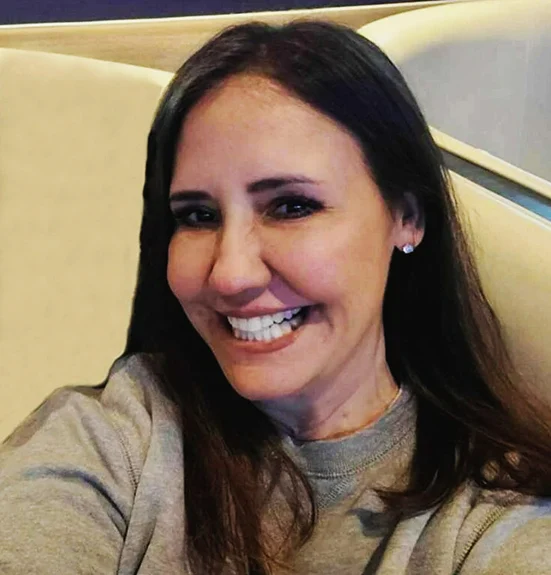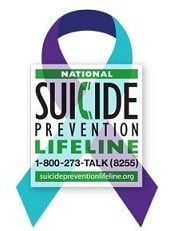Types of Depression
While there are many types of depression (and different lengths of time each can last), there are basically two forms: situational and physiological.
Situational depression stems from environmental factors. Some examples are:
- Loss of a loved one
- Relationship troubles
- Divorce
- Job stress (or loss)
- Betrayal
- Abandonment
- Illness
- Abuse
- Emotional
- Verbal
- Physical
- Sexual
Over time, these situations can manifest into debilitating depression. And this runs a lot deeper than mere feelings of sadness, because it lasts for much longer than simply “having a bad day.”
Physiological depression is due to a chemical imbalance—either genetically inherited or developed due to a chemical imbalance in the brain.
Both basic forms of depression can be controlled and effectively managed with medication (an anti-depressant, for example), and/or therapy. Depending on its severity, ideal treatment of depression is usually a combination of medication and ongoing therapy. Therapy works to incorporate thought and behavioral changes to redirect thinking and actions, helping ensure healthy symptom improvement.
How not to treat depression
Unfortunately, many people choose other forms of management that are anything but effective—and can cause other very serious problems such as substance abuse and/or avoidant behavior. While the dangers of substance abuse are fairly obvious, avoidance (burying the source of depression in the hope that it will somehow fade away) never works. In fact, it just makes matters worse because there’s no solution or development of healthy coping skills. So what the depressed person is left with are deep feelings of despair that are merely cast aside until the drugs, alcohol and/or avoidant behavior has passed. Then depression comes roaring back more powerful than before, leaving that person without the capacity or skills to function on an emotional, and sometimes physical, level.
Getting help for depression
If you (and/or or someone you care about) need help to overcome depression, please reach out to Tracy Crain.






